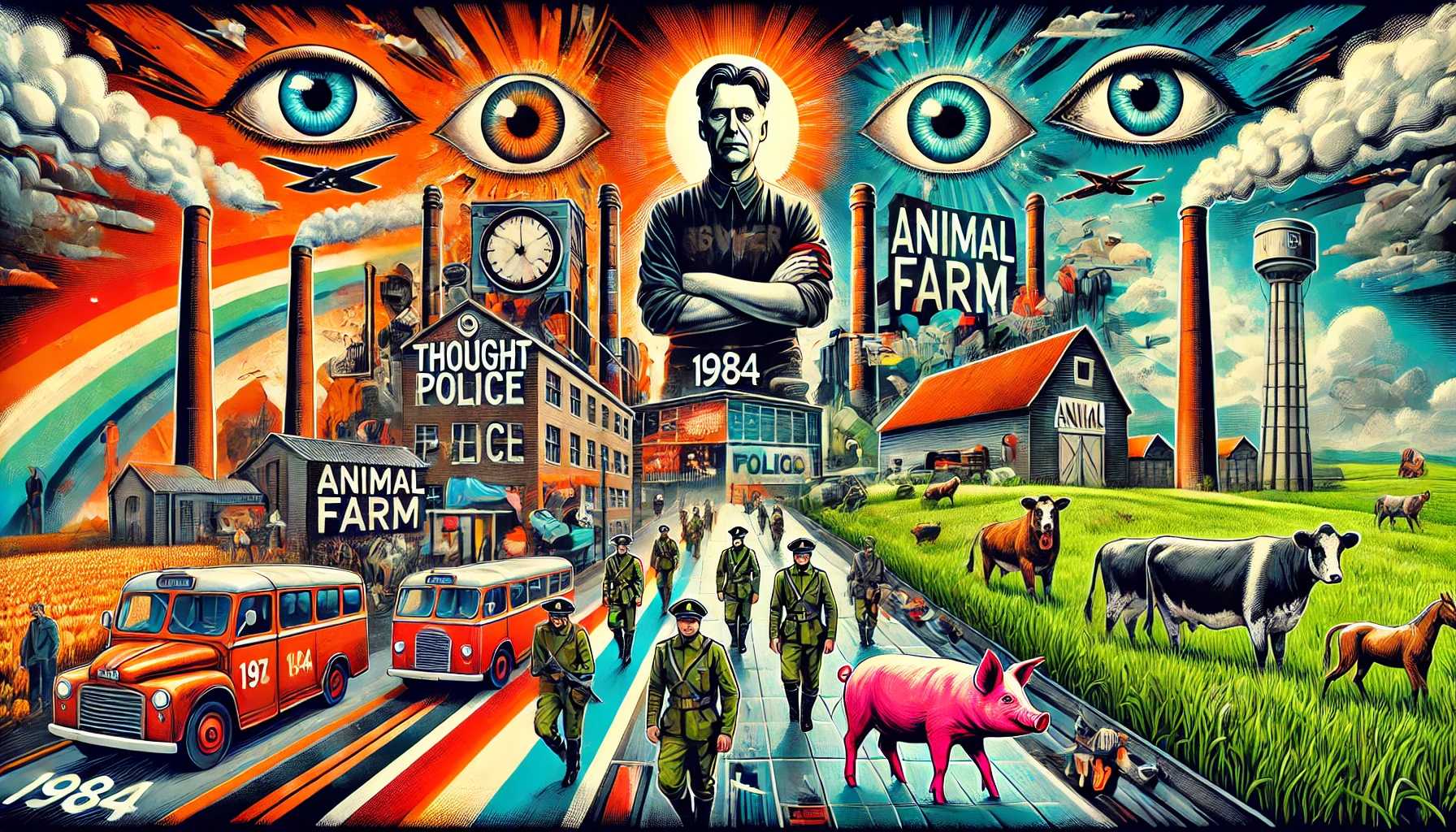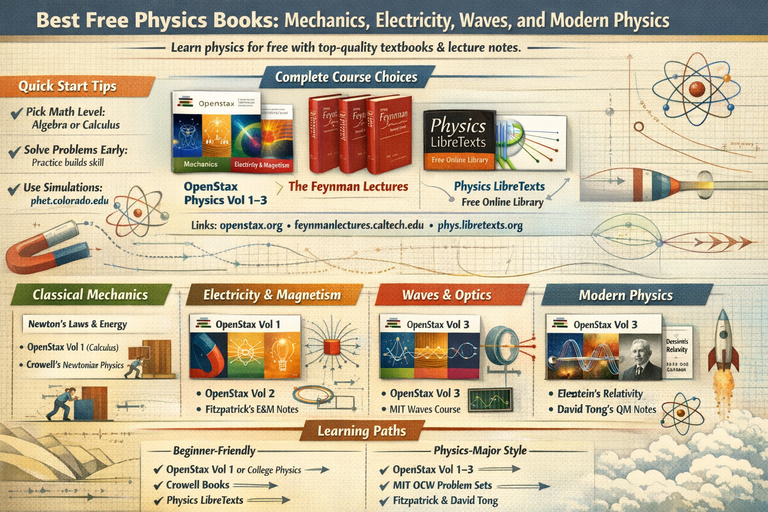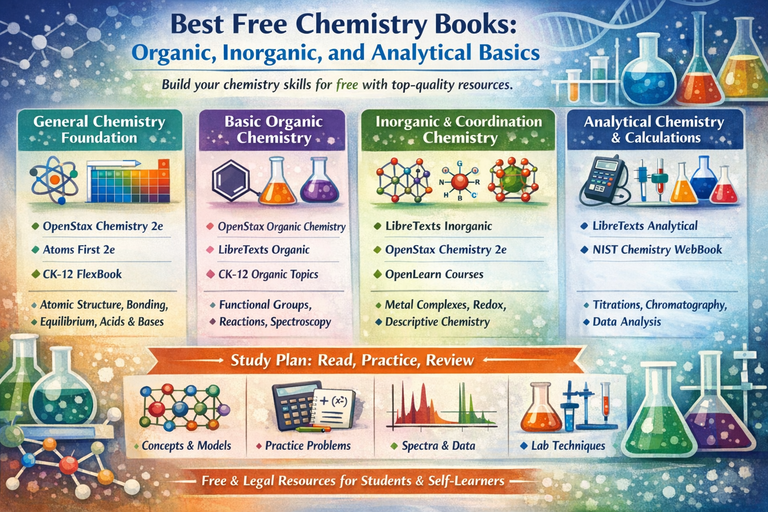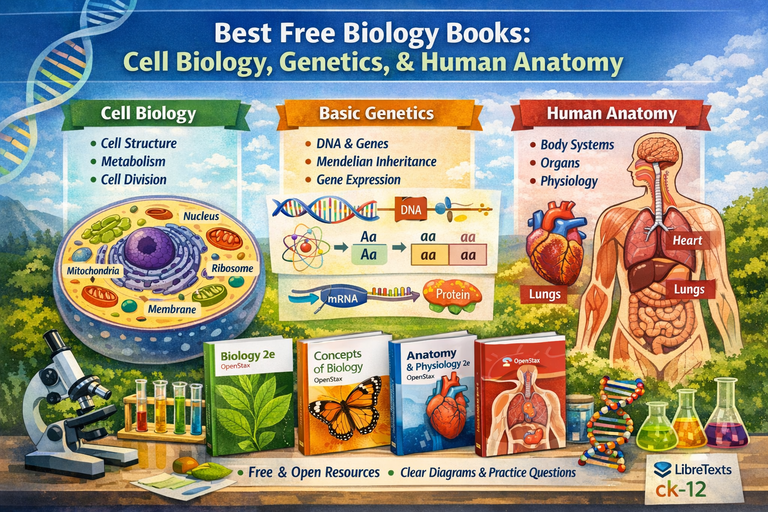Comparing Dystopian Themes in George Orwell's
Dystopian literature serves as a powerful mirror to reflect societal anxieties and critique the potential dangers of oppressive regimes, technological advancements, and totalitarian control. Two seminal works that have profoundly influenced the genre are George Orwell's "1984" and Aldous Huxley's "Brave New World." While both novels envision dystopian futures, they do so through distinct lenses, exploring themes of government surveillance, societal control, individual freedom, and the dehumanizing effects of technology. This blog post will delve into a comparative analysis of these themes in Orwell's "1984" and Huxley's "Brave New World," highlighting their similarities and differences.
Government Surveillance and Control
1984: George Orwell's "1984" depicts a totalitarian regime led by the Party and its omnipresent leader, Big Brother. The novel explores the extremes of government surveillance and thought control, where citizens are monitored constantly through telescreens and subjected to propaganda that distorts truth and reality. The Party manipulates historical records to maintain its grip on power, erasing dissent and enforcing conformity through fear and punishment.
Brave New World: In contrast, Aldous Huxley's "Brave New World" presents a dystopia where control is achieved through technological and biological manipulation rather than overt surveillance. The World State uses genetic engineering, conditioning, and mind-altering drugs such as soma to create a stable society of passive consumers. Citizens are conditioned from birth to accept their predetermined roles in a hierarchical caste system, effectively eliminating individuality and dissent.
Comparison: Both novels illustrate the dangers of totalitarianism and societal control, but Orwell focuses on the brutality of coercion and surveillance, while Huxley explores the subtler methods of manipulation through pleasure and conditioning. Orwell's vision emphasizes the destruction of personal autonomy and the imposition of a monolithic ideology, whereas Huxley's critique targets the erosion of human agency and critical thinking under the guise of happiness and stability.
Dehumanization and Loss of Individuality
1984: In "1984," individuality is suppressed to maintain conformity and loyalty to the Party. The protagonist, Winston Smith, struggles against the dehumanizing effects of totalitarianism, where personal identity is subsumed by the collective will of the state. The Party's manipulation of language through Newspeak further restricts freedom of thought and expression, eroding the capacity for independent thinking and resistance.
Brave New World: "Brave New World" explores dehumanization through the commodification of human life and emotions. Citizens are conditioned to prioritize instant gratification and superficial pleasures over meaningful connections and emotional depth. The use of soma as a pacifying drug reinforces social stability by suppressing negative emotions and dissent, reducing individuals to passive consumers of state-sanctioned happiness.
Comparison: Both novels depict societies where individuality is sacrificed for societal order and stability. Orwell emphasizes the brutal suppression of dissent and the annihilation of personal identity under totalitarian rule, whereas Huxley portrays a world where individuality is undermined by hedonistic indulgence and passive acceptance of societal norms.
Critique of Technology and Progress
1984: Orwell's "1984" critiques the misuse of technology as a tool of oppression and surveillance. Telescreens, microphones, and cameras are used by the Party to monitor and control every aspect of citizens' lives. The novel warns against the potential for technological advancements to be exploited by authoritarian regimes to suppress dissent and manipulate reality.
Brave New World: In "Brave New World," technology is harnessed to enhance control and efficiency within the World State. Genetic engineering and conditioning techniques are used to create a conformist society where individuals are engineered for specific roles and behaviors. Technology in Huxley's dystopia serves to reinforce social hierarchy and perpetuate the status quo rather than challenge it.
Comparison: While both authors caution against the misuse of technology in dystopian societies, Orwell emphasizes its role in facilitating totalitarian control and propaganda, whereas Huxley explores how technology can be used to engineer social conformity and perpetuate inequality.
Conclusion
In conclusion, George Orwell's "1984" and Aldous Huxley's "Brave New World" are seminal works of dystopian literature that offer distinct yet complementary critiques of totalitarianism, societal control, and the erosion of individual freedom. Orwell's vision in "1984" warns against the dangers of overt surveillance, thought control, and the suppression of dissent under authoritarian rule. In contrast, Huxley's "Brave New World" explores the subtler methods of social conditioning, genetic engineering, and hedonistic pacification to maintain societal stability and control.
Both novels continue to resonate with readers today, prompting reflection on the potential consequences of unchecked state power, technological advancements, and societal complacency. By examining these themes in depth, we gain insight into the enduring relevance of dystopian literature as a means of critiquing contemporary issues and safeguarding individual liberties in an increasingly complex world.
As we navigate the challenges of the 21st century, the cautionary tales of "1984" and "Brave New World" serve as poignant reminders of the importance of vigilance, critical thinking, and safeguarding human dignity against the allure of power and control.







